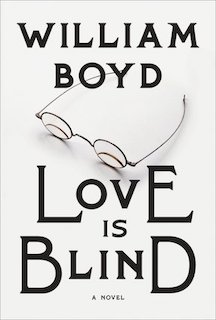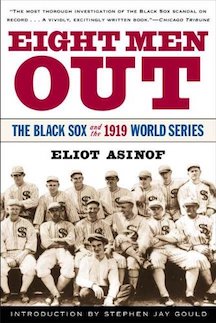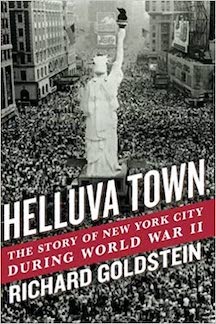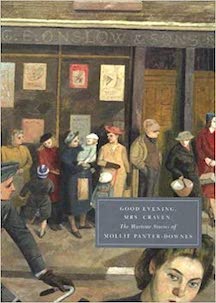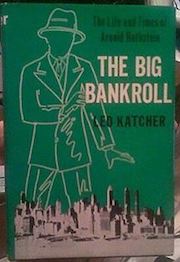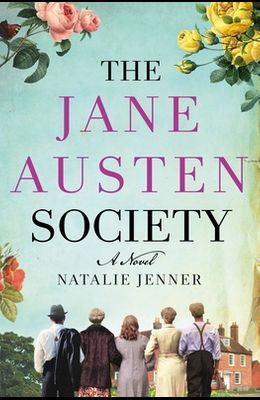Harp
I'll Lock Up
- Messages
- 8,508
- Location
- Chicago, IL US
Embarrassed to say, not familiar with Teweles, and I've read a fair share of market, trading, investment books.
but as you note, the screens (like oil today) tell you what you need to know.
Telweles is a joy to read.
Just looked at oil. Texas light tea at $10.42; never, ever, thought I'd see this.
Texas light now at $2.76
Last edited:
